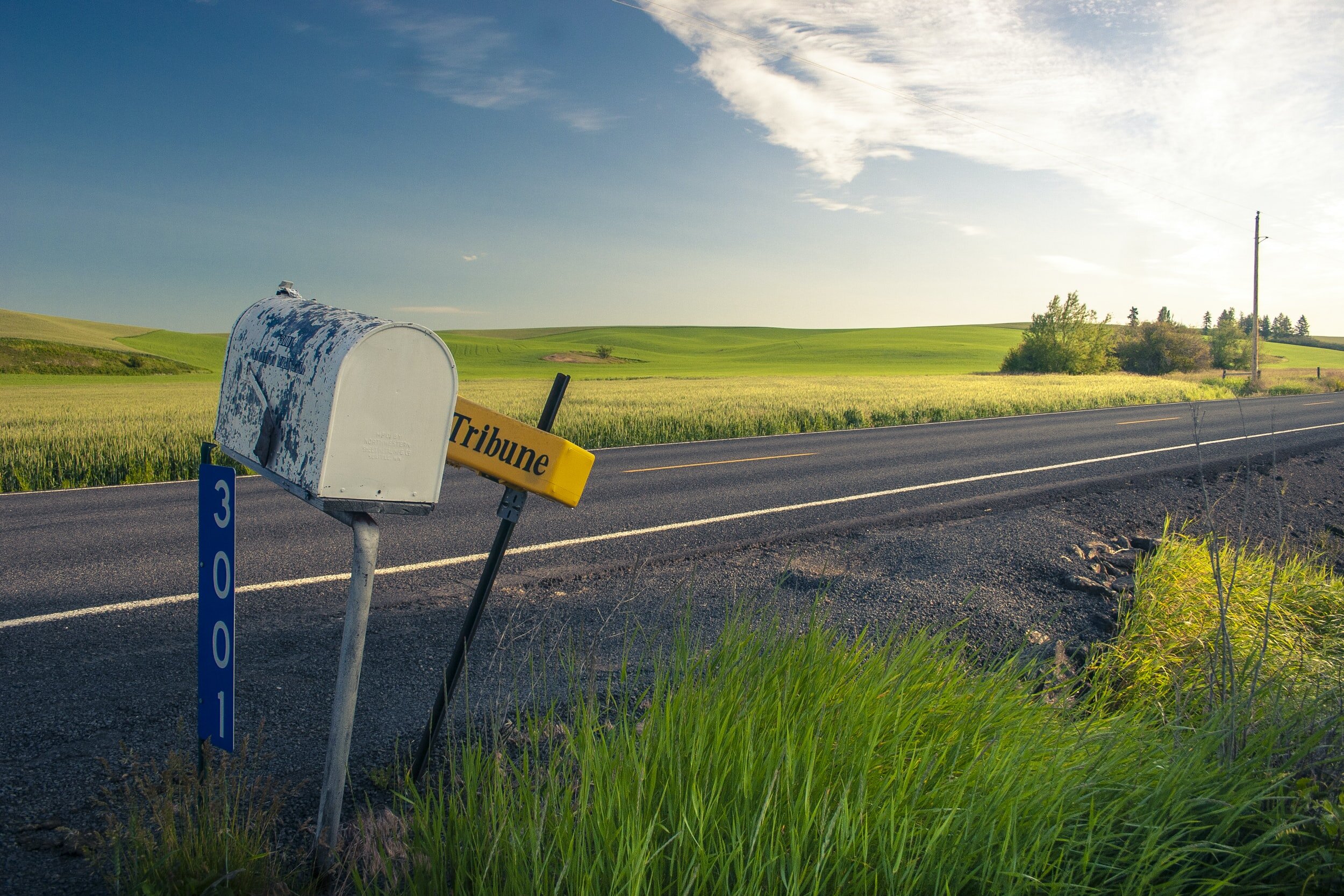The UPS truck rolls up and down our rural lane two or three times a day. There aren't many of us in this valley, somewhat off the beaten path, but that doesn't dissuade DHL and Federal Express and the Postal Service.
I'm not sure what's being delivered in all those trucks, but I suspect there's more than books and sweaters and mail-order shoes being dropped off. These days you can order sporting goods, furniture, auto parts and even groceries on the Internet and have them delivered the next day, even out here in the sticks.
That's the "New Economy" on our doorstep.
It wasn't long ago that you could buy almost everything you needed here in our little town. But then the suburban malls and department stores stole away customers with volume pricing and easy credit, and the local small town hardware stores and grocers closed their doors.
Now the malls and shopping centers could be in line for the same treatment. Why spend two hours and drive 25 miles to stand in line to buy the same cheap stuff that you can order from your living room and have delivered to your door?
Fueled by inexpensive communications and world trade, the "New Economy" is rapidly changing the course of commerce, re-routing traditional avenues of exchange into high-speed transactional thoroughfares, diverting traffic both into and away from rural America.
I liken these changes to a sinkhole that a couple of chukar hunters stumbled across out in the desert one afternoon. It was huge and deep.
They looked at each other in amazement and tossed in a couple stones. They listened for the sound of the stones hitting the bottom, but there was none.
"Let's try some of those big rocks over there," said one of the hunters, and they carried a couple football-sized rocks to the edge of the sinkhole and tossed them in. Again, no sound.
"That must really be deep," said one hunter. "Let's grab that old railroad tie over there and toss it in. That's got to make some noise."
Together, they hauled the railroad tie to the edge of the sinkhole and then pushed it over the rim. The tie vanished into the blackness and while they watched the hunters heard a rustling in the bushes behind them. They turned to see a goat charging at them full bore. The hunters stepped aside just as the goat ran right between them, jumped in the air and disappeared down the sinkhole.
The hunters stared at each other, dumb-founded. Then they heard a rustling behind them again and they turned to see a farmer coming through the brush. When he spotted them, he came to them directly and asked, "You fellas seen a goat out this way, by chance?"
"Yeah," said one of the hunters. "It was the damnedest thing you ever saw. This goat came charging at us out of the brush. Then it jumped in the air and dived into this sinkhole over here."
The farmer took a look at the sinkhole and scratched his head. "Naw. Couldn't have been my goat. My goat was tied to a railroad tie."
Those of us in rural America have the choice, it seems to me, of being like that poor goat and getting dragged into the abyss. Or we can be like the hunters and explore the dimensions of this new environment, looking for ways to live with and perhaps even profit from the change.

